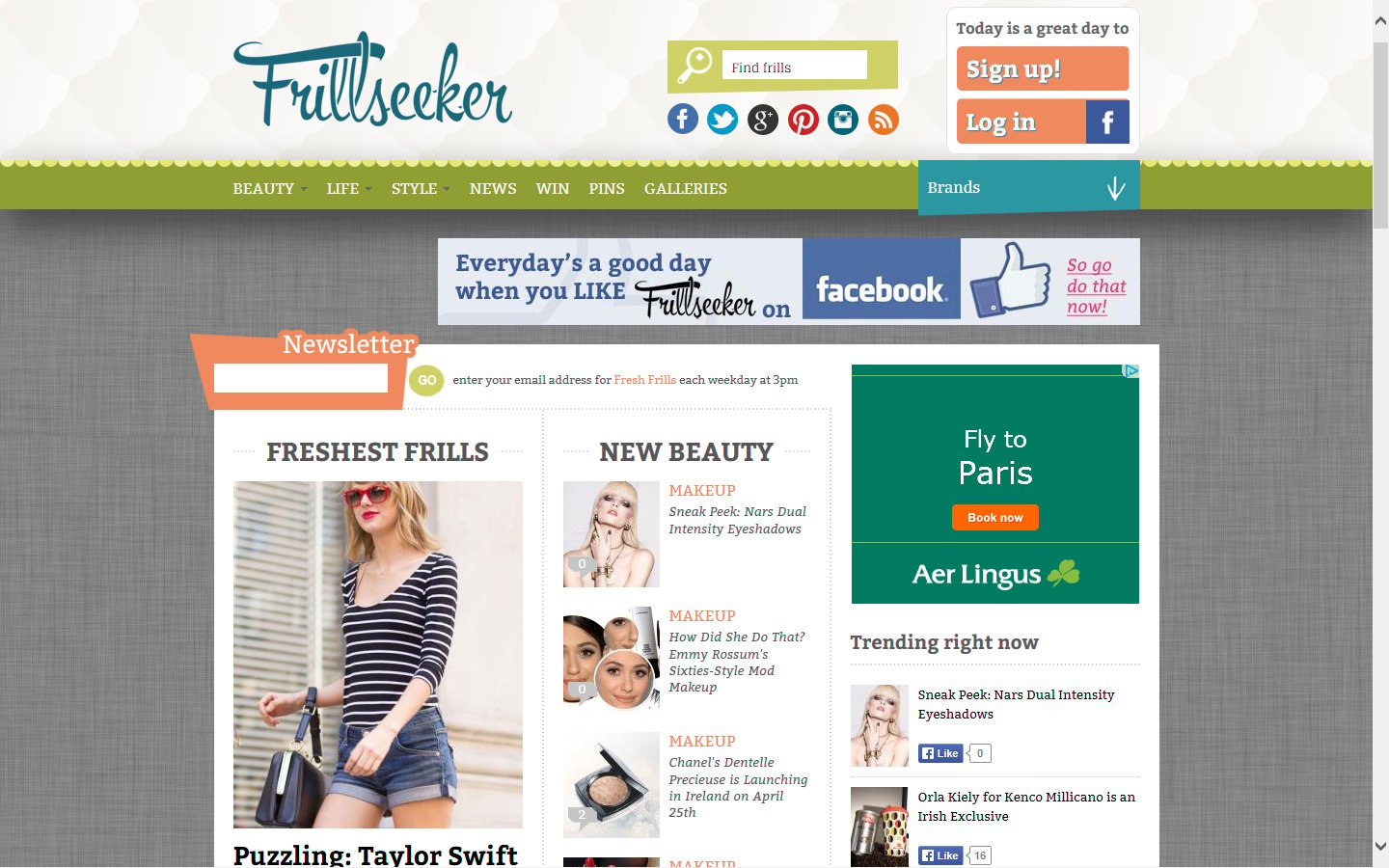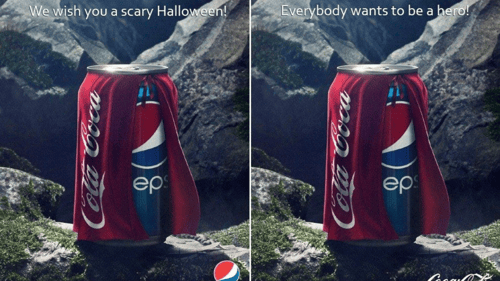I'm being stalked by Aer Lingus - when remarketing won't stop

Posted by Karen Hesse
April 17th, 2014
Look up, look around, it's Aer Lingus
This Easter I'm flying to Paris for a weekend break in the city of love. I booked the flights nearly three months ago with Aer Lingus as I have a soft spot for Ireland's national airline.
Turns out they like me too.
They've been following me around the Internet ever since, like an over zealous boyfriend with the stamina of a Duracell bunny.
In fairness to Aer Lingus, they're doing a lot of things right. Their website is easy to navigate and when it comes to the actual flying bit, they all seem to be pretty nice people. It's a competitive world out there and it's no surprise that Aer Lingus uses a range of digital marketing initiatives, including remarketing, to boost sales.
But there's a fine line between driving business and driving customers mad.

How does remarketing work?
Remarketing works by targeting tailormade ads to people who have visited your website. Once they leave your site, your ad pops up on other sites they visit in the Google Display Network or as they browse for terms related to your product on Google.
Companies with an Adwords account can try it out as part of their PPC campaign by placing the remarketing code on the pages of their website. Then they devise remarketing lists targeted to specific categories or browsers.
In my case it looks like Aer Lingus set up parameters for browsers looking at flights to Paris. When I browsed on www.aerlingus.com my Cookie ID was added to their Paris remarketing list.
As a result Aer Lingus Display Ads suggesting I 'Fly to Paris' have been popping up on other sites I've visited ever since.
Remarketing - A powerful tool for business
When it is done well, remarketing can be a very powerful tool for business offering higher conversion rates at a lower cost than traditional Adwords. The ad costs money only if the browser clicks on it. (Note to Aer Lingus, I didn't). For smaller companies, the very fact your ad will display on established websites which are part of the Google Network, can help you punch above your weight.
In the case of Aer Lingus, they failed to recognise that I didn't just browse Paris flights, I actually booked the flight.
In this case it would have been better to remarket to browsers who had reached the web page confirming the booking. If an Aer Lingus ad offering me a free Destination Guide to Paris popped up on the Google Display Network after I'd bought my tickets, it would have made me feel more loved than stalked.
And I probably would have clicked it.
Smart remarketing for business
Clearly remarketing needs to be carefully planned and implemented at the right stage in the buying cycle. It needs to activate for a limited time only and cease after certain actions are taken by the browser. The lists need to be carefully managed to avoid ads being double served.
The more sophisticated you want to be in your remarketing strategy, the more likely you are to need a digital agency or IT expert to implement your campaigns.
At the end of the day I don't plan to jilt Aer Lingus anytime soon. But guys, let's ease off the courting just a little, or I'll have to clear my cache.
Learn more about remarketing best practices here courtesy of Google.
Want to use your blog to generate leads and customers?
If you’re a brand looking to get smart about content marketing, get in touch with our award-winning team at 256 Media and we can help. In the meantime, follow us on Facebook, Twitter, and Pinterest to keep up with all things content and digital media.

Previous Post
Is Facebook Paper the new must-have tool in Irish Marketing?
Next Post

How to write headlines that get you noticed
Subscribe Here
You may also like...
Nicole Thomsen | Dec 11, 2023
Nicole Thomsen | Nov 6, 2023
Nadia Reckmann | Nov 2, 2023





